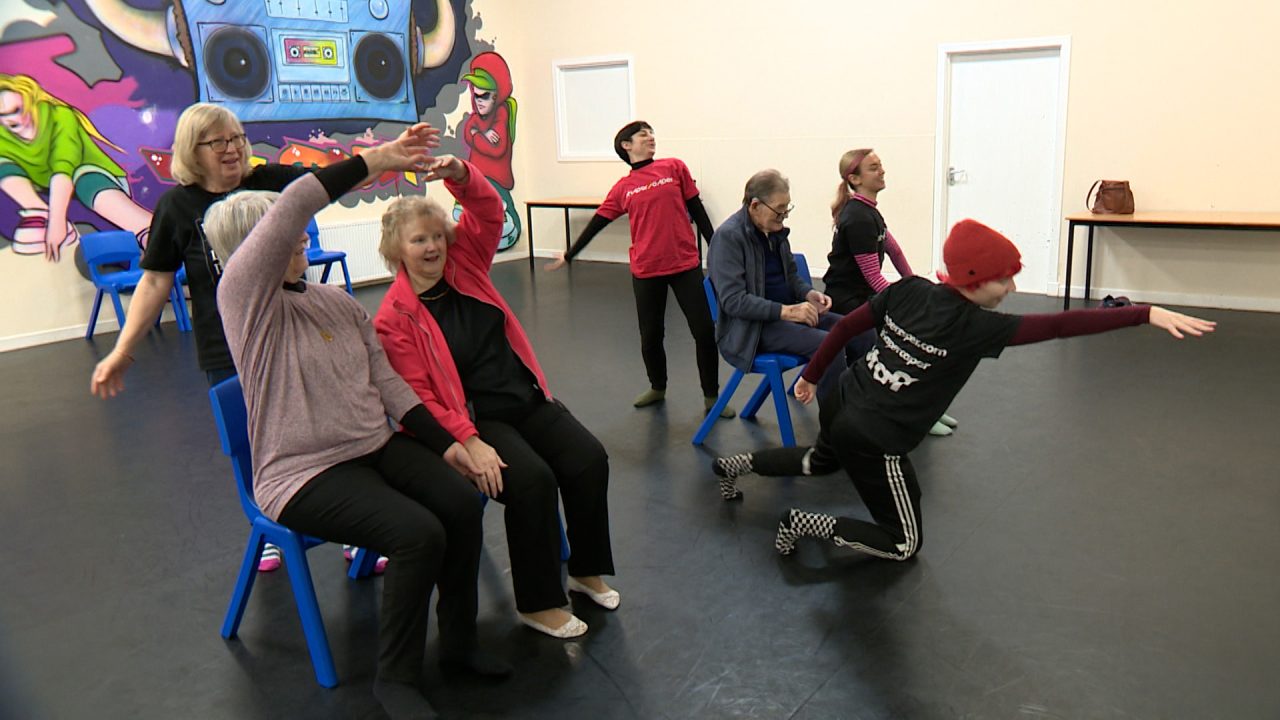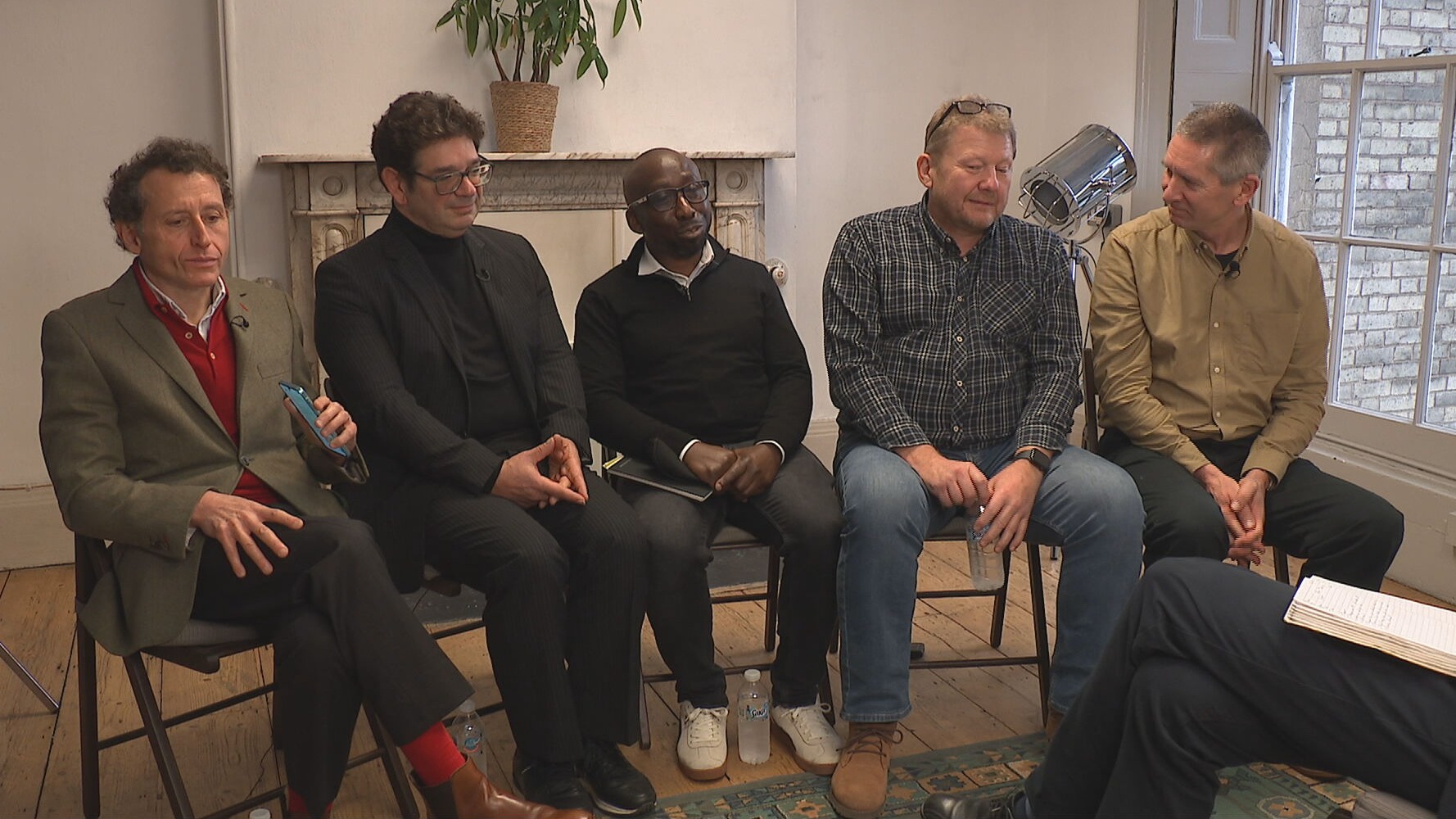Researchers at a Scottish university have found that music has an important role in helping people with Parkinson’s disease.
Academics at Abertay found songs can stimulate memories, making it easier for them to stay active for longer.
Until now, evidence on how sound and movement interlink to help people with the disease has been limited.
But the new research has found that music stimulates the brain, triggering memories of movement, helping those with Parkinson’s stay active for longer.
The research showed those taking part in dance classes had a significant improvement in their motor control and their overall mood and general wellbeing.
The study was led by Dr Corinne Jola, a senior lecturer at Abertay University..
She said: “After a dance class where they move with music for an extended period, people would go home and do the cooking for the next week and then freeze what they’ve done because they feel like they can do it after a class.
“It’s almost like a prolonged effect.”
Parkinson’s is a progressive neurodegenerative disorder that affects more than ten million people worldwide.
The disease manifests itself predominantly via a range of motor symptoms, such as tremor, slowness of movement, freezing, painful muscle cramps and stiffness but also other autonomic and sensory nervous system symptoms.
Dr Jola said: “Dance and music have long been used as alternative therapy for people with Parkinson’s, but until now, statistical evidence that shows how sound and movement interact in helping people with the disease has been limited.
“What makes our research unique is that we specifically looked at the role of music in improving mobility.
“Whilst our research confirmed that music helps people with Parkinson’s in executing motor tasks, contrary to existing research, we found that after a dance session, music did not significantly improve motor skills.
“This could mean that participants were able to internalise the music, preserving its effect on motor function for a period after the dance class.”
Follow STV News on WhatsApp
Scan the QR code on your mobile device for all the latest news from around the country




























